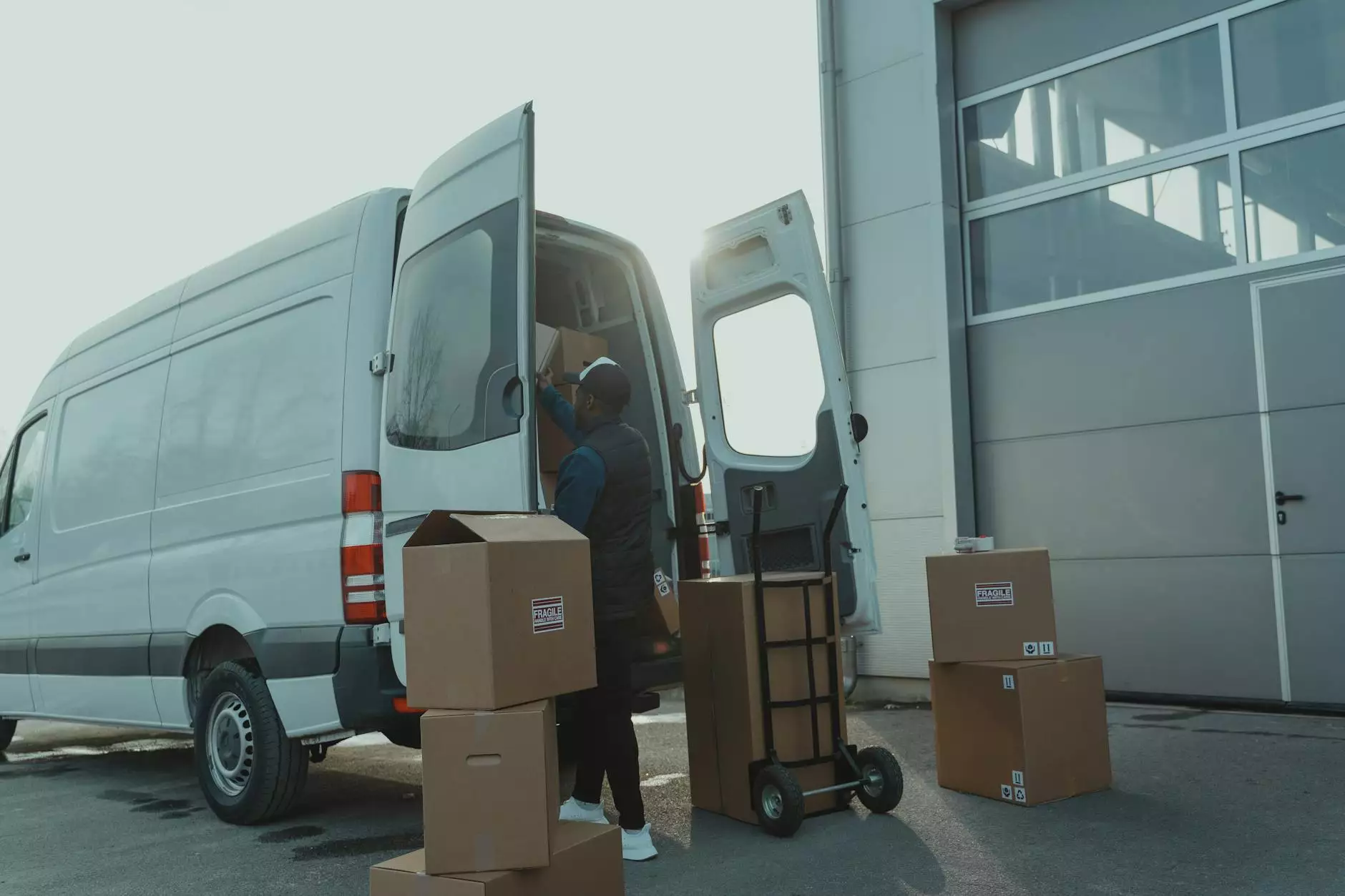The Essential Role of Modular Cold Stores in Modern Business

In an increasingly competitive market, businesses need to optimize their operations to enhance productivity while reducing costs. One crucial area that organizations often overlook is their refrigeration equipment. Among the various options available, modular cold stores have gained significant traction due to their numerous benefits. This article delves into the multifaceted world of modular cold storage solutions, exploring their advantages, applications, and why they represent the future of refrigeration.
What are Modular Cold Stores?
Modular cold stores are temperature-controlled units designed for the storage of perishable goods. These units are constructed in a modular fashion, allowing businesses flexibility in size and configuration. They are engineered to maintain a precise temperature range, ensuring that the integrity of the stored products is preserved.
The Growing Importance of Refrigeration Equipment
The demand for reliable refrigeration equipment has soared with the expansion of the global food supply chain. Businesses must keep up with strict temperature regulations, ensuring that their products remain safe and high-quality from the moment they are harvested to when they reach consumers. Whether in the pharmaceutical field, the food industry, or retail operations, the necessity for effective refrigeration solutions is evident.
Benefits of Modular Cold Stores
Modular cold stores provide several key advantages that can help businesses streamline their operations and enhance profitability. Here are some of the most significant benefits:
- Flexibility and Scalability: Businesses can customize their cold storage needs. Modular units can be easily expanded or reconfigured as requirements evolve.
- Cost-Effectiveness: Investing in modular units reduces upfront costs and operational expenses due to their energy-efficient designs.
- Quick Installation: Modular cold stores can be installed rapidly compared to traditional cold storage solutions, minimizing downtime for businesses.
- Enhanced Product Safety: Maintaining precise temperature controls ensures that perishable items remain fresh and safe for consumers.
- Reduced Risk of Damage: Modular units often come with robust insulation, preventing temperature fluctuations and protecting stored goods.
How Modular Cold Stores Work
Understanding the operation of modular cold stores is essential for businesses looking to integrate these systems into their operations. The mechanics behind these units are relatively straightforward but highly effective:
- Insulation: Modular cold stores are designed with high-quality insulation materials to minimize heat transfer from the outside environment, ensuring internal temperatures remain stable.
- Cooling Mechanisms: These units utilize advanced refrigeration technology, including vapor-compression systems and eco-friendly refrigerants, to provide efficient and consistent cooling.
- Temperature Monitoring: Modern modular cold stores come equipped with automated temperature monitoring and alert systems, ensuring that any deviations from set parameters are instantly addressed.
Applications of Modular Cold Stores
Modular cold stores are versatile solutions used across various industries. Some of the most common applications include:
1. Food and Beverage Industry
In the food sector, maintaining the freshness and quality of products is paramount. Modular cold stores are utilized for:
- Storing fresh fruits and vegetables
- Chilling meats and seafood
- Preserving dairy products
2. Pharmaceutical Sector
The pharmaceutical industry requires stringent temperature controls to maintain the efficacy of medications. Modular units help ensure:
- Optimal storage conditions for vaccines and biologics
- Compliance with health regulations
3. Chemical Storage
Certain chemicals require low-temperature storage to prevent reactions or degradation. Modular cold stores provide a safe environment for:
- Chemicals that are temperature-sensitive
- Biological samples and reagents
4. Retail and Supermarkets
Retailers depend on modular cold stores to effectively manage inventory and reduce spoilage:
- Creating dedicated cold storage areas for perishable goods to enhance shelf life
- Improving inventory turnover through efficient stock management
Choosing the Right Modular Cold Store
Choosing the appropriate modular cold store for your business involves careful consideration of several factors:
- Size and Configuration: Assess your current and future storage needs. Modular units can be tailored to fit optimal sizes based on your inventory.
- Temperature Requirements: Identify the precise temperature range necessary for your products, as various goods may require different conditions.
- Energy Efficiency: Look for units designed with energy-efficient technologies to reduce operational costs and enhance sustainability.
- Installation and Maintenance: Consider the ease of installation and whether the supplier provides comprehensive support and maintenance options.
Cost Considerations of Modular Cold Stores
The initial investment in modular cold stores can vary based on size, technology, and added features. However, businesses should focus on the long-term savings associated with efficiency and reduced spoilage:
- Lower Energy Bills: Energy-efficient units can lead to significant savings over time.
- Reduced Spoilage Rates: Enhanced temperature control can minimize product loss, which is especially critical in the food sector.
- Increased Productivity: Quick installation and the flexibility of operations can lead to better resource utilization.
Future Trends in Modular Cold Storage
The landscape of modular cold stores is evolving. Businesses can expect to see the following trends:
- Smart Technology Integration: The incorporation of IoT devices and AI for real-time monitoring, analytics, and remote management.
- Eco-Friendly Solutions: Greater focus on sustainable materials and refrigerants to reduce the environmental footprint.
- Customizable Solutions: Increasing demand for personalized setups that cater specifically to individual business needs.
Conclusion
In summary, modular cold stores are revolutionizing the way businesses handle refrigeration. Their flexibility, cost-effectiveness, and efficiency make them an ideal choice for a wide array of industries. As companies continue to prioritize safety and quality while navigating an ever-competitive market, the adoption of modular cold stores is bound to rise.
Choosing the right modular cold store from an experienced supplier, like modularcoldrooms.co.uk, can lead to remarkable improvements in your refrigeration processes, driving success and sustainability in your business operations.









